
This is the English translation of a Turkish language article that was originally published by AVİM on 9 July 2024. The translation was prepared by AVİM Trainee Öykü Vartürk.
The Port of Anaklia, located in western Georgia on the border with Abkhazia along the Black Sea coast, represents more than just an infrastructural endeavor; it stands at the epicenter of multiple geopolitical and economic rivalries. The project is situated at the crossroads of the conflicting interests among states, international banks, and political actors within Georgia.
The initial ideas for the construction of a port in Anaklia emerged during the Soviet era, but existing ports such as Novorossiysk were considered to be sufficient. Between 2009 and 2011, the project was revived under the initiatives of former Georgian President Mikhail Saakashvili. In 2012, the leader of the Georgian Dream party, which came to power in 2012, was known to have objected the project at that time.
A tender for the construction of a new deep-sea port in Anaklia was initiated in 2016 and the Anaklia Development Consortium (ADC), an American-Georgian partnership, won the tender for the construction of the 2.5 billion Dollar port. However, the election of the president of the Asian Infrastructure Investment Bank (AIIB) at a meeting in Tbilisi a year ago and the commencement of negotiations on a free trade agreement between China and Georgia had created expectations that the Chinese consortium would win the tender. Construction began in December 2017, but China was not completely sidelined; ADC signed a 50 million Dollar deal with Chinese company ZPMC for the construction of the port.[1]
ADC was to provide a 400 million Dollar secured loan from the European Bank for Reconstruction and Development (EBRD), the US development finance institution Overseas Private Investment Corporation (OPIC), the Japan-led Asian Development Bank (ADB), and the China-led AIIB.[2] However, before lending, the banks demanded a state guarantee that the Georgian government would repay the project in case of failure and insurance for risks or delays. The government asserted that it was the consortium's responsibility to provide these guarantees.
Conflicts between the banks, the consortium, and the government, along with the formation of an opposing political party by ADC's leader Mamuka Khazaradze and his criticism of the government, have hindered the project. In 2019, accusations of money laundering against Khazaradze came to the fore, which further hampered the project. Eventually, the government terminated the contract with the ADC in 2020.
As the demand for alternative routes for cargo transport increased due to the Ukraine war, the Georgian government hoped to restart the port’s construction as a transit point connecting trade routes between Europe and Asia.[3] China frequently expressed interest in Anaklia Port during this process. The China-Georgia Strategic Partnership Agreement, signed in 2023, reinforced China's role in the region. Emphasizing its opposition to separatism, China has not recognized the independence status of Abkhazia and South Ossetia, while Georgia has reaffirmed its commitment to the "One China" principle and supported Beijing's policies.
Finally, in 2024, the Georgian Dream government announced a new tender for the construction and management of the Anaklia deep-sea port, with the Chinese-Singaporean consortium winning the bid. The agreement covers the first phase of the port development, with a 600 million Dollar investment.
In this consortium, China Communication Construction Company and China Harbor Investment are the main contractors, while China Road and Bridge Corporation and Qingdao Port International are the subcontractors. The Georgian state-established “Anaklia Deep Sea Port” company will hold a 51% share in the project, while the consortium will participate with 49%. However, it is speculated that the China-Singapore consortium will dominate the project and the port will be constructed to meet China's cargo needs.[4]
China Road and Bridge Corporation has been operating in Georgia since 2018 and is especially involved in the building of the Ubisa-Shorapani section of the East-West motorway. The corporation is also involved in the Anaklia port project and plays a crucial role in the region’s infrastructure construction. The US opposes the project, citing the Chinese corporation’s construction of artificial islands in the South China Sea for military purposes and alleged involvement in corruption in Africa.[5]
Anaklia Port is intended to serve as an alternative transport hub in the European Union's Trans-European Transport Network and as part of the middle corridor route of Beijing's Belt and Road Initiative. Nevertheless, given the involvement of numerous actors, the region’s stability will determine the project’s success. Georgia will have to navigate these multidimensional conflicts to realize the potential of the Anaklia Port.
*Image: Österreichische Verkehrszeitung
[1] Bradley Jardine, “With Port Project, Georgia Seeks Place on China's Belt and Road”, Eurasia Net, February 21, 2018, https://eurasianet.org/with-port-project-georgia-seeks-place-on-chinas-belt-and-road
[2] “Georgia scraps deal on major port project”, Reuters, January 9, 2020, https://www.reuters.com/article/markets/georgia-scraps-deal-on-major-port-project-idUSL8N29E4YR/
[3] Nini Gabritchidze, “Georgia pledges to revive Anaklia port project, take controlling share”, Eurasia Net, December 12, 2022, https://eurasianet.org/georgia-pledges-to-revive-anaklia-port-project-take-controlling-share
[4] Giorgi Menabde, “Georgia’s Anaklia Deep Water Port Becomes Chinese Geopolitical Project”, Jamestown Foundation, June 6, 2024, https://jamestown.org/program/georgias-anaklia-deep-water-port-becomes-chinese-geopolitical-project/
[5] “The Anaklia port to be built by a Chinese company with suspicious reputation”, Transparency International Georgia, June 5, 2024, https://transparency.ge/en/post/anaklia-port-be-built-chinese-company-suspicious-reputation
© 2009-2025 Center for Eurasian Studies (AVİM) All Rights Reserved
No comments yet.
-
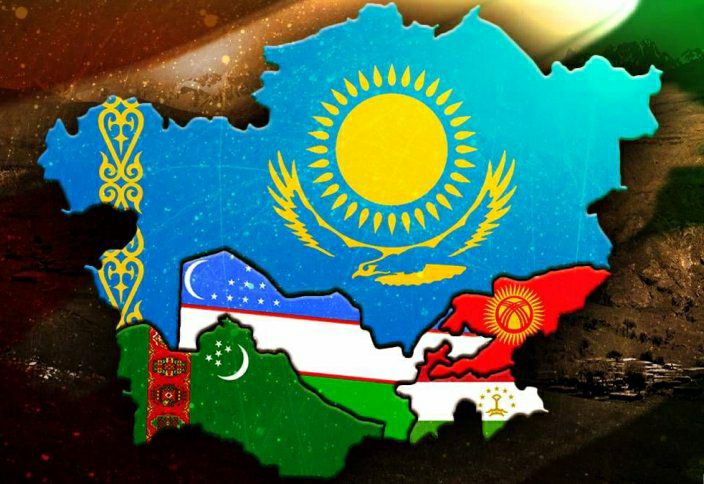 THE IMPACT OF THE RUSSIA-UKRAINE WAR ON CENTRAL ASIAN COUNTRIES
THE IMPACT OF THE RUSSIA-UKRAINE WAR ON CENTRAL ASIAN COUNTRIES
Gülperi GÜNGÖR 27.04.2022 -
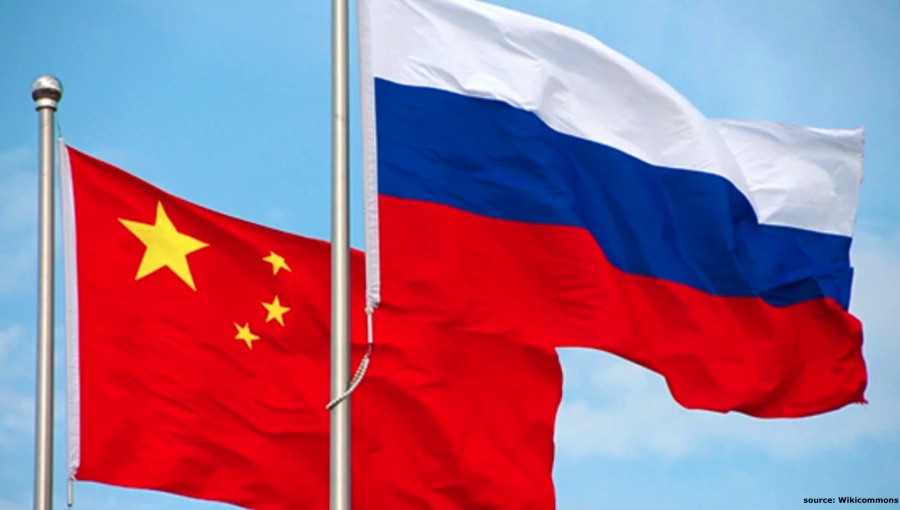 HOW HAVE THE SANCTIONS IMPOSED ON RUSSIA AFFECTED CHINA?
HOW HAVE THE SANCTIONS IMPOSED ON RUSSIA AFFECTED CHINA?
Gülperi GÜNGÖR 01.07.2022 -
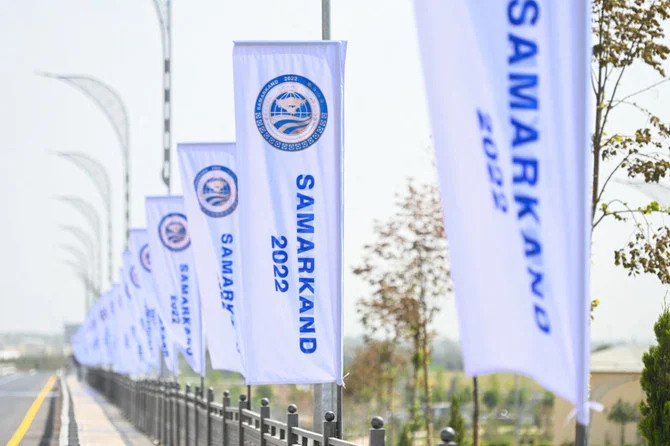 ISSUES OF INTEREST BEFORE THE SHANGHAI COOPERATION ORGANIZATION SUMMIT IN SAMARKAND
ISSUES OF INTEREST BEFORE THE SHANGHAI COOPERATION ORGANIZATION SUMMIT IN SAMARKAND
Gülperi GÜNGÖR 16.09.2022 -
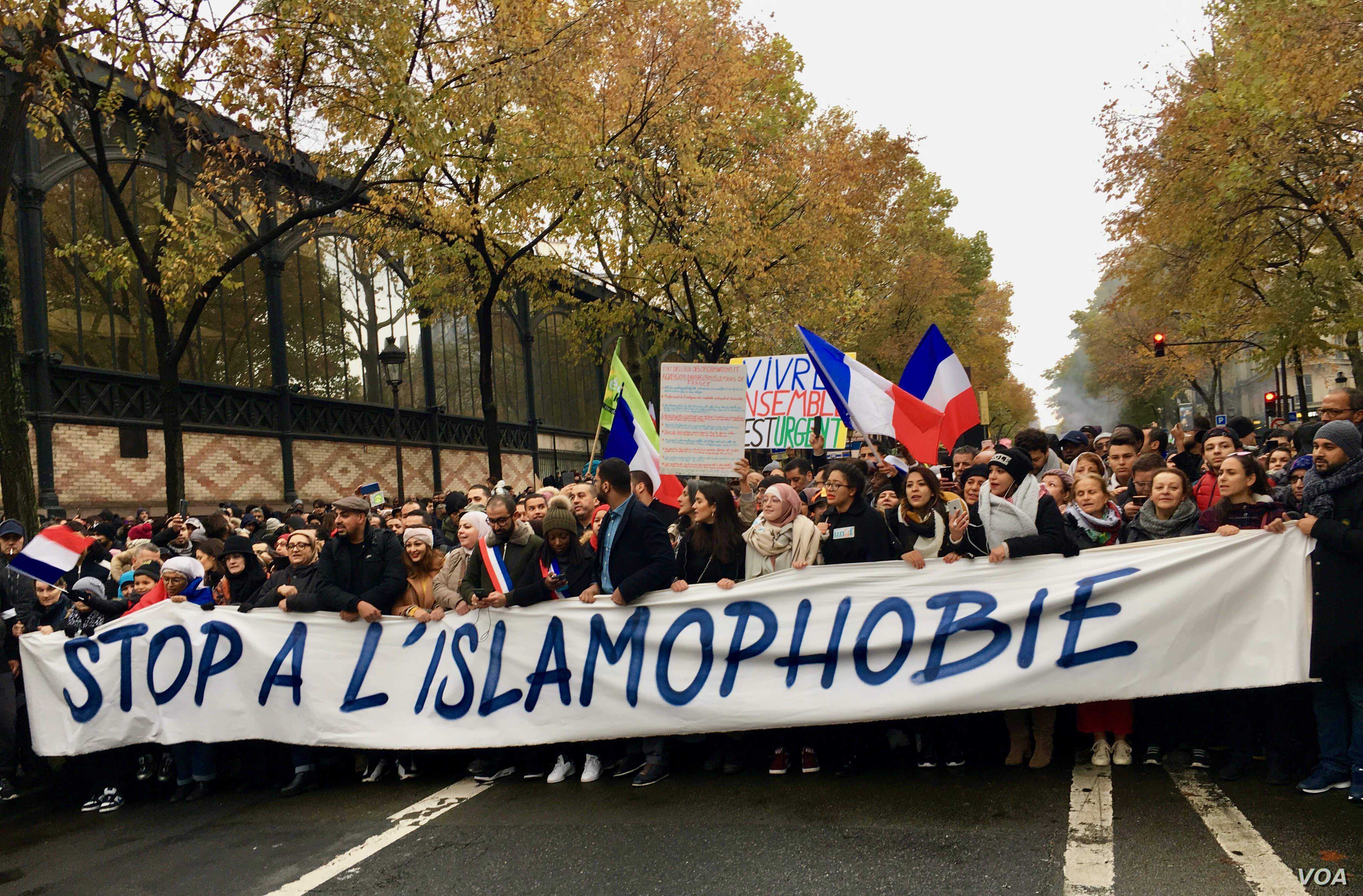 INTERNATIONAL DAY TO COMBAT ISLAMOPHOBIA
INTERNATIONAL DAY TO COMBAT ISLAMOPHOBIA
Gülperi GÜNGÖR 29.03.2021 -
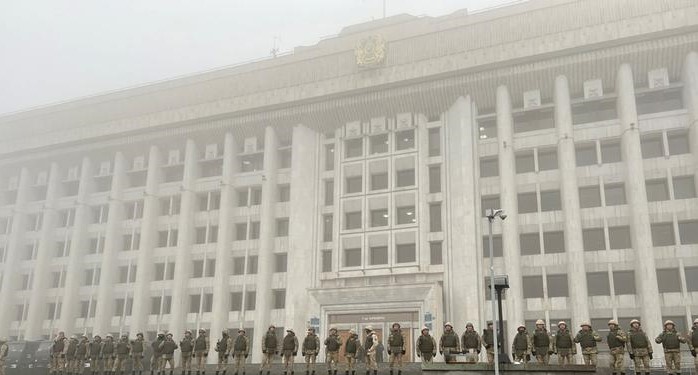 PROTESTS AND POLITICAL CRISIS IN KAZAKHSTAN
PROTESTS AND POLITICAL CRISIS IN KAZAKHSTAN
Gülperi GÜNGÖR 11.02.2022
-
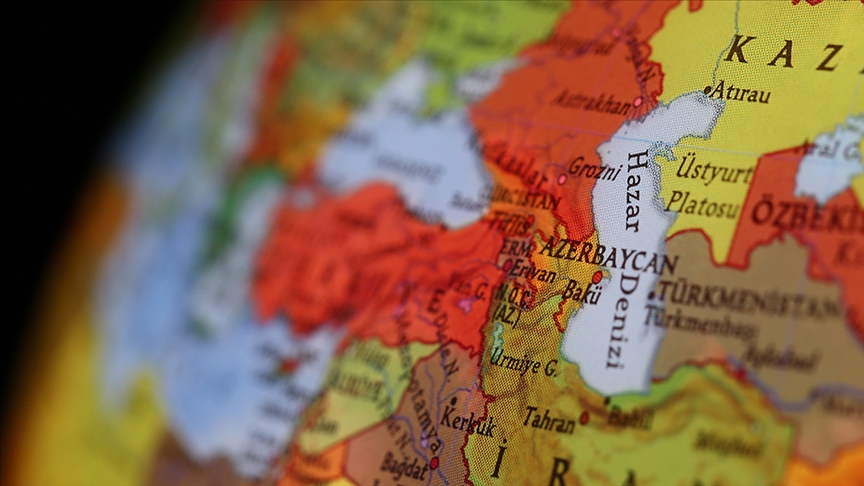 ARMENIA: THE COUNTRY THAT ISOLATES ITSELF IN THE CAUCASUS
ARMENIA: THE COUNTRY THAT ISOLATES ITSELF IN THE CAUCASUS
Gülperi GÜNGÖR 23.03.2023 -
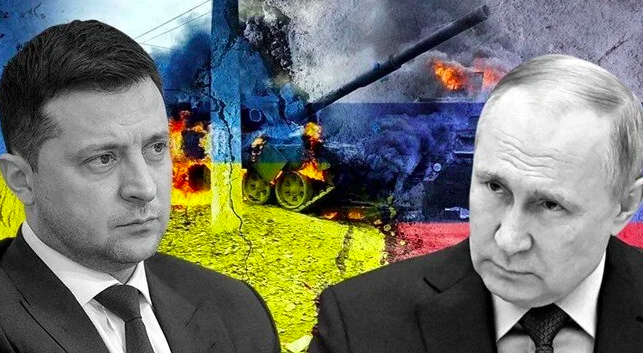 TURKEY’S MEDIATOR ROLE IN THE RUSSIA-UKRAINE WAR
TURKEY’S MEDIATOR ROLE IN THE RUSSIA-UKRAINE WAR
Şevval Beste GÖKÇELİK 25.04.2022 -
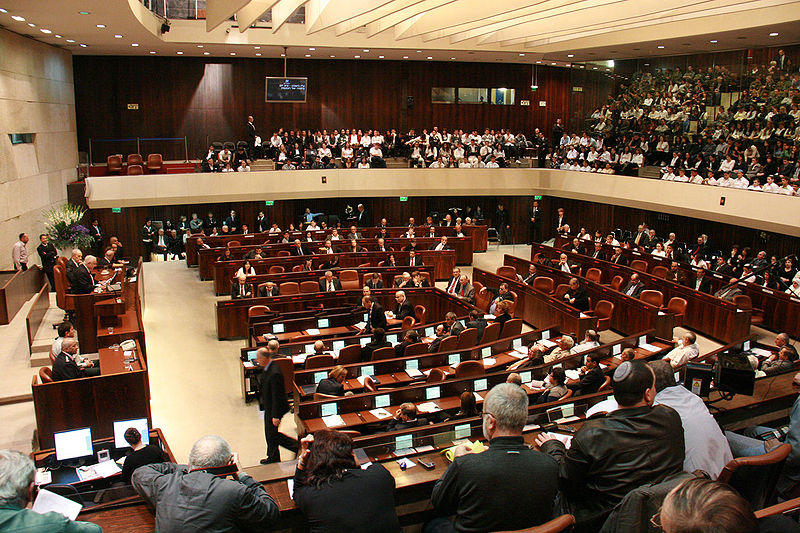 POLITICAL OPPORTUNISM AND REVANCHISM AT PLAY AT THE ISREALI PARLIAMENT
POLITICAL OPPORTUNISM AND REVANCHISM AT PLAY AT THE ISREALI PARLIAMENT
AVİM 25.05.2018 -
CAN THE EUROPEAN UNION’S EURO CRISIS BE RESOLVED
Alev KILIÇ 13.11.2012 -
 ACADEMIC ETHICS AND ARCHIVES: THE KRIKOR GUERGUERIAN ARCHIVE ADDS LITTLE NEW TO THE DEBATE
ACADEMIC ETHICS AND ARCHIVES: THE KRIKOR GUERGUERIAN ARCHIVE ADDS LITTLE NEW TO THE DEBATE
AVİM 07.02.2019
-
25.01.2016
THE ARMENIAN QUESTION - BASIC KNOWLEDGE AND DOCUMENTATION -
12.06.2024
THE TRUTH WILL OUT -
27.03.2023
RADİKAL ERMENİ UNSURLARCA GERÇEKLEŞTİRİLEN MEZALİMLER VE VANDALİZM -
17.03.2023
PATRIOTISM PERVERTED -
23.02.2023
MEN ARE LIKE THAT -
03.02.2023
BAKÜ-TİFLİS-CEYHAN BORU HATTININ YAŞANAN TARİHİ -
16.12.2022
INTERNATIONAL SCHOLARS ON THE EVENTS OF 1915 -
07.12.2022
FAKE PHOTOS AND THE ARMENIAN PROPAGANDA -
07.12.2022
ERMENİ PROPAGANDASI VE SAHTE RESİMLER -
01.01.2022
A Letter From Japan - Strategically Mum: The Silence of the Armenians -
01.01.2022
Japonya'dan Bir Mektup - Stratejik Suskunluk: Ermenilerin Sessizliği -
03.06.2020
Anastas Mikoyan: Confessions of an Armenian Bolshevik -
08.04.2020
Sovyet Sonrası Ukrayna’da Devlet, Toplum ve Siyaset - Değişen Dinamikler, Dönüşen Kimlikler -
12.06.2018
Ermeni Sorunuyla İlgili İngiliz Belgeleri (1912-1923) - British Documents on Armenian Question (1912-1923) -
02.12.2016
Turkish-Russian Academics: A Historical Study on the Caucasus -
01.07.2016
Gürcistan'daki Müslüman Topluluklar: Azınlık Hakları, Kimlik, Siyaset -
10.03.2016
Armenian Diaspora: Diaspora, State and the Imagination of the Republic of Armenia -
24.01.2016
ERMENİ SORUNU - TEMEL BİLGİ VE BELGELER (2. BASKI)
-
AVİM Conference Hall 24.01.2023
CONFERENCE TITLED “HUNGARY’S PERSPECTIVES ON THE TURKIC WORLD"









